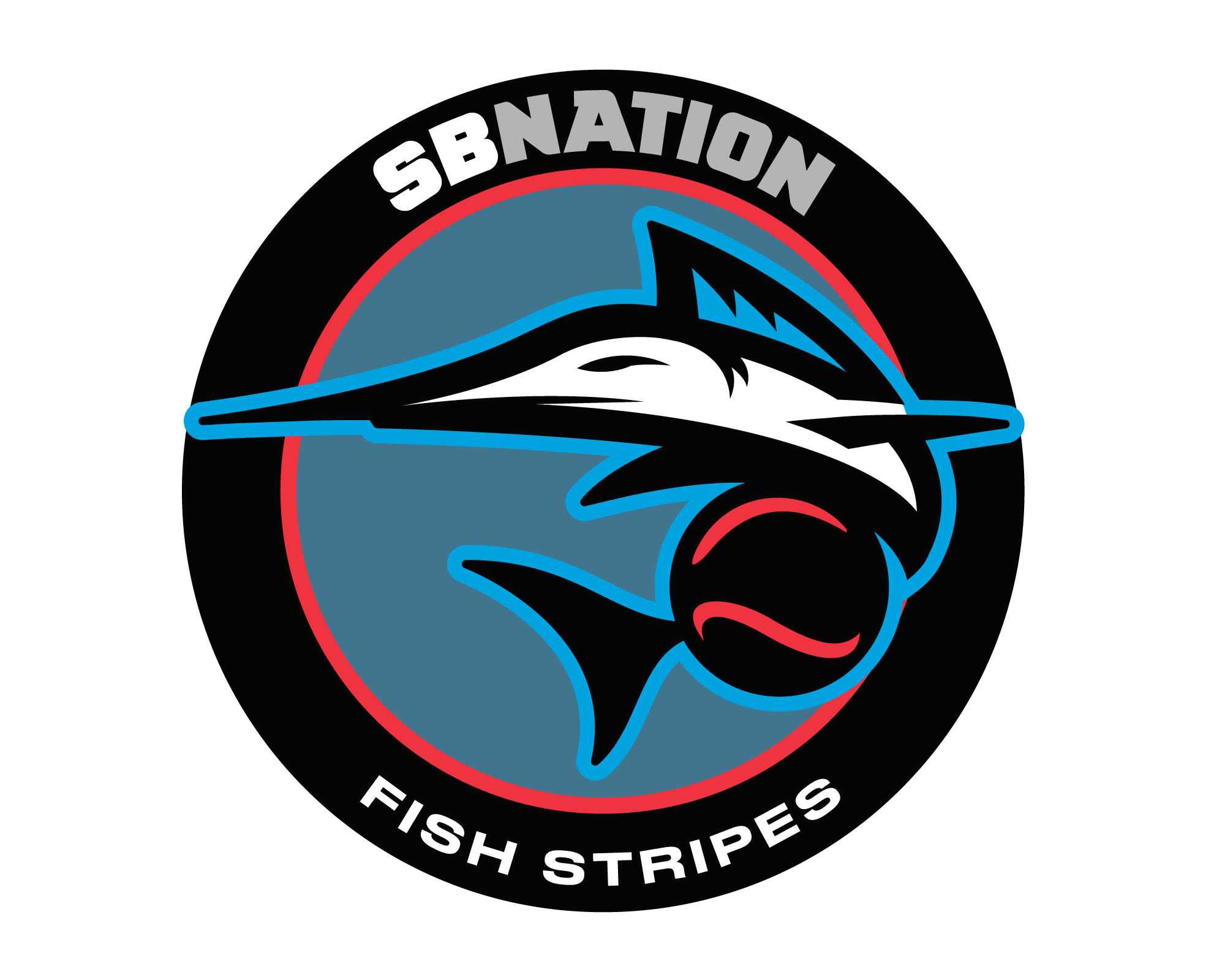/cdn.vox-cdn.com/uploads/chorus_image/image/62393723/481886645.jpg.0.jpg)
We tend to focus nearly all of our attention on the game results, but business and revenue matter, too. A Marlins franchise that receives support from fans, advertisers and community organizations can allocate those funds towards improving their product.
Unfortunately, the previous regime simply did not care to maximize its opportunities for growth. These three areas in particular were mishandled with far-reaching consequences.
1. Awful Television Contract
-no_upscale()/cdn.vox-cdn.com/uploads/chorus_asset/file/13469922/587855494.jpg.jpg)
The Loria Marlins negotiated—what is considered to many—as the worst active local television contact in all of Major League Baseball. The Marlins currently attain around $20 million annually from FOX Sports Florida. Consider that the Rays, a few miles up north, are around $80 million under the terms of their new deal, and even that is slightly below the MLB average. That difference is a massive competitive disadvantage.
Expect the Marlins to secure a brighter future over the next two years, when a competent business leader, Chip Bowers, works towards finalizing the next deal. Though limited in their earnings by relatively weak TV ratings, the economics of regional sports networks has continued to boom, with every market reaping the benefits.
2. The Park with No Name
When you build a beautiful park, and then fail to provide a naming rights contract, you know that you are incompetent at your job. The year is 2018, and one of the most beautiful parks in baseball still is absent of a name. Again, a naming rights contract is where a fair amount of your team’s spending ability comes from, although significantly less than a television deal. And yet, nothing for the Loria Marlins.
Similar to the TV deal, expect Chip Bowers to be creating and eventually finalizing a naming rights contract within the coming years. Naming rights contracts typically last multiple decades, with a guarantee of tens of millions of dollars over that span. For instance, Hard Rock acquired the naming rights for the Miami Dolphins’ stadium at a rate of 18 years/$250 million. Expect the Marlins to find a pairing that is less than the Dolphins (for space, event, attendance reasons), but this deal is a good measuring stick. Something around $1.5M-$2.5M a year.
We finally have RENDERINGS of new Marlins Park outfield sections. The "Center Field Zone" and a RF foul territory standing room space, per @EricFisherSBJ. pic.twitter.com/Kya1P0srwN
— Fish Stripes (@fishstripes) November 13, 2025
Additionally, customizing an experience that pleases the fans—rather than the owner’s artistic taste—is the path to more loyal customers (regardless of what happens on the field). More customers equals more revenue.
3. Where are the Business Partners?
When you inherit a team with $400 million debt, you have to imagine that business dealings were falling through left and right. An example of this comes from a source, who tells Fish Stripes that Ocean Bank was considering discontinuing its business with the Marlins, once Loria finalized the sale of the team. The change in ownership was believed to be an opening for the bank to void or terminate their sponsorship contract.
Per the source, Jeter “stepped in” and not only convinced Ocean Bank to renew their contract, but also to become primary sponsors and more included in the operations of the Park. This is why you may have noticed more Ocean Bank signs and promotions over the 2017 season.
We are also hearing that some local restaurants (Versailles? Casola’s?) could be coming to Marlins Park over the upcoming year. This approach was missing from the Loria-led Marlins. However, creative business involvement and community involvement are no longer being taken for granted.
Hindsight is easy; baseball operations are hard. I fully understand this, but there’s no question that the methodology behind many of these signings, trades, and business decisions was flawed.
Why was the rebuild needed? Because current ownership is committed to reviving the franchise, and a million little things that Loria did left them with no other alternatives to long-term success.
